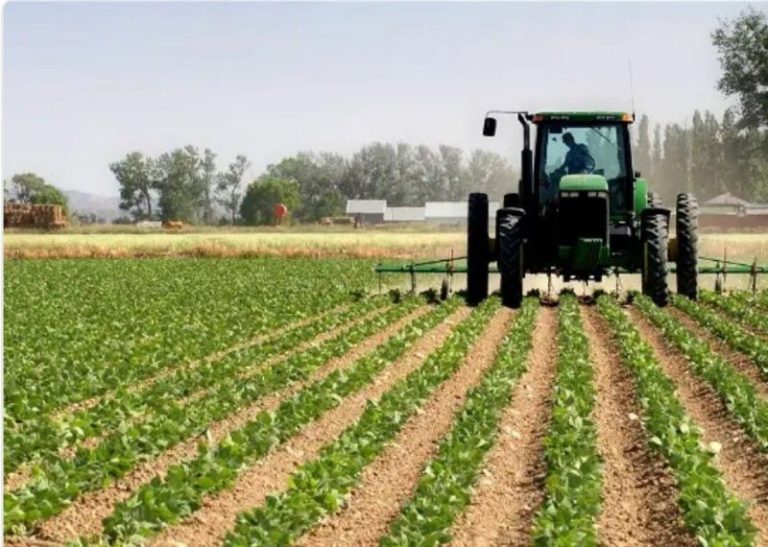ASHENEWS reports that the federal government has launched the first-ever Harmonized Extension Manual in Nigeria and the National Agricultural Extension Policy.
This is to effectively disseminate and deploy agricultural innovations/ technologies to end-users using appropriate extension methods.
Speaking during the opening of the 6th Africa-Wide Agricultural Extension Week (AAEW), President Bola Tinubu said that the initiative was in line with his Renewed Hope Agenda which seeks to eradicate poverty, attain Food and Nutrition Security, Economic growth, inclusivity, as well as diversification of the economy from over-reliance on petroleum.
The President, who was represented at the event by the minister of state for Agriculture and Food Security, Aliyu Sabi Abdullahi also said that the document would provide pragmatic, effective, efficient demand-driven, and market-oriented extension services to all stakeholders.
The event was convened with the theme, “Harnessing Agricultural Extension and Advisory Services in scaling regenerative Agriculture and Nature-based Solutions for Food System Transformation in Africa.”
He noted that the National Extension Policy seeks to provide pragmatic, effective, and efficient demand-driven pluralistic, ICT-enabled, and Market Oriented Extension Services to promote sustainable agriculture and socio-economic development in Nigeria.
He said that the agricultural sector in the country must be market-oriented and must, therefore, move away from the subsistence farming being practiced by smallholder farmers.
He said that Nigeria’s current plan was to achieve self-sufficiency in food production and reduce dependency on food imports.
This will also help in the attainment of the objectives of Sustainable Development Goals (SDGs) especially those of zero hunger and improve agriculture and rural productivity.
On his part, the Permanent Secretary of the Ministry, Dr. Ernest Umakhihe said that the summit was an avenue to facilitate processes for improving the use of knowledge, technologies, and innovations by agricultural value chain actors to achieve their individual and national development goals.



